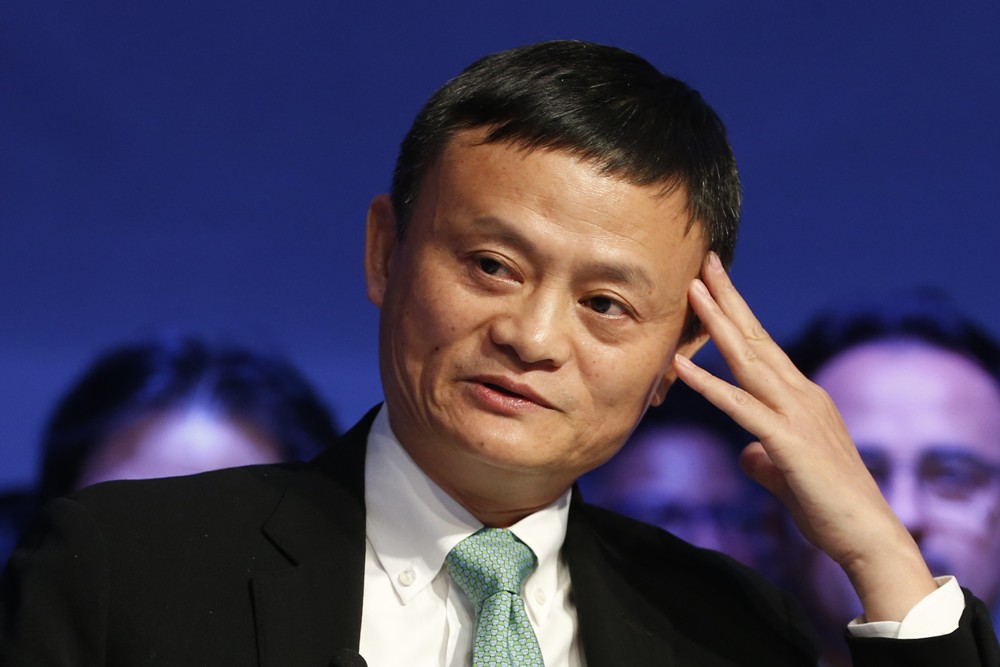KATHMANDU: Jack Ma, the founder of Alibaba, made headlines when he was recently spotted at the Yungu School in Hangzhou, where the company is headquartered. He had rarely made a public appearance since he irked the Chinese Communist Party for criticizing the country’s financial regulatory system in 2020.
“He described them as having a ‘pawnshop mentality,’ and that really ruffled a lot of feathers,” said Dexter Roberts, a senior fellow at the Atlantic Council Indo-Pacific Security Initiative and author of “The Myth of Chinese Capitalism.” “Also, just the brash character of Jack Ma rubbed a lot of regulators and very powerful people in China the wrong way.”
Ma wasn’t the first billionaire who mysteriously disappeared from public view. In 2015, Guo Guangchang, who is known as China’s Warren Buffett, went missing. The company later said he was assisting authorities with an investigation.
In 2017, Xiao Jianhua, a Chinese-Canadian billionaire, was abducted by Chinese security agents from Hong Kong. In 2022, he was sentenced to 13 years in prison for fraud and corruption.
The mysterious disappearance of China’s billionaires hasn’t stopped yet. In February, Bao Fan, a renowned investment banker, became the latest name on the list of “vanishing billionaires.” However, a few days later, his company said he was “cooperating in an investigation being carried out by certain authorities in the People’s Republic of China.”
“When someone like Bao Fan disappears, someone that high profile who suddenly vanishes without explanation, that inevitably sends a chilling kind of feel through the rest of the market,” said Nick Marro, lead analyst for global trade at The Economist Intelligence Unit. “I mean, how can you feel like you can do business in a place where, you know, an important leader of the industry can suddenly disappear? CNBC

